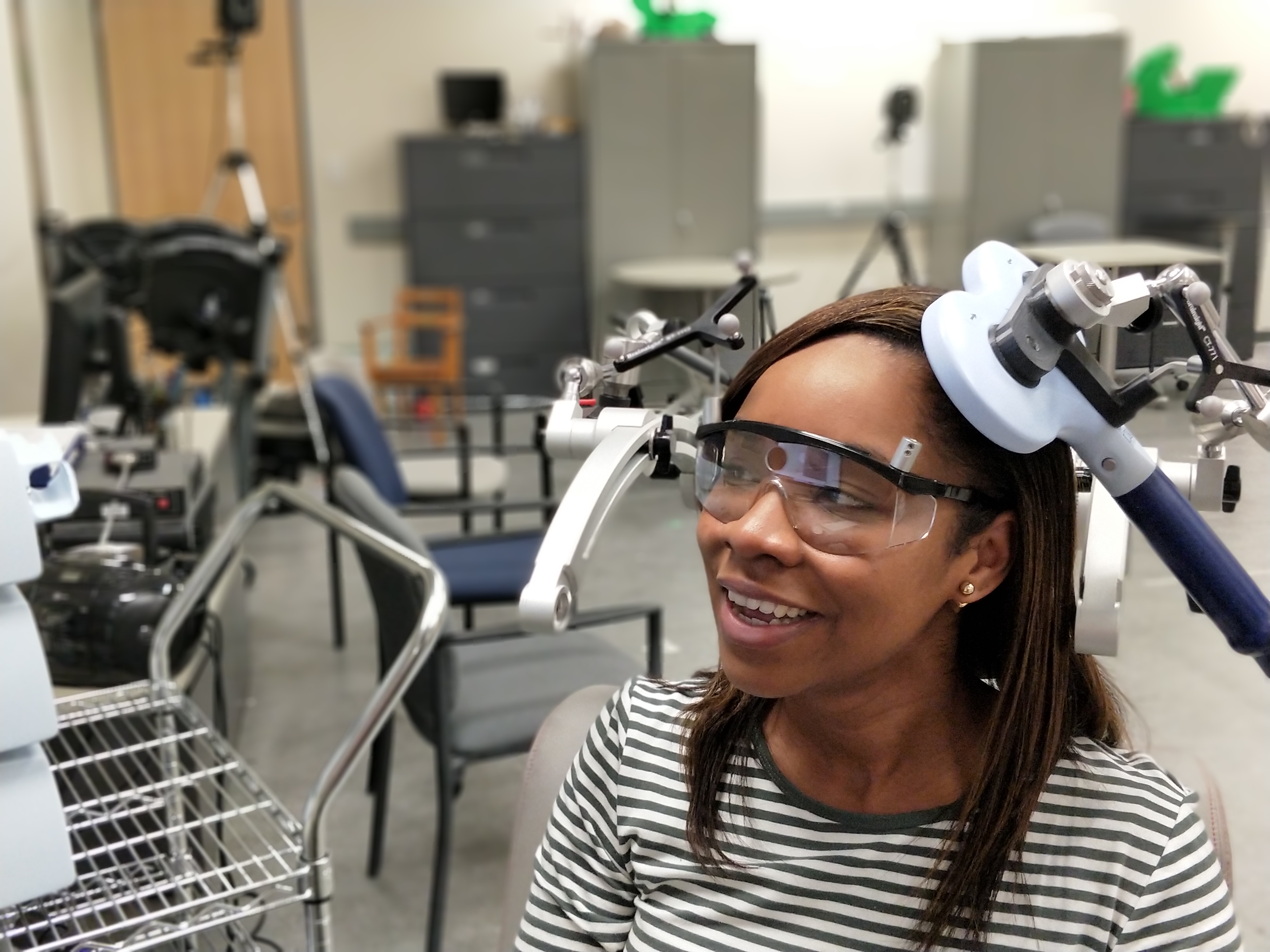CONNECT Lab - Current Research

All of our projects are conducted in accordance with our values, aims and objectives.
Current projects:
Our lab is currently conducting a variety of research projects directed towards accomplishing our 4 main aims:
Aim#1: Understand Neurodiversity
Project Title: Subactute rehabilitation outcomes in childhood stroke: Clinical metrics and neural mechanisms.
Description: This project is in collaboration with Dr. Angela Morgan at the University of Melbourne Australia and Dr. Nomazulu Dlamini at SickKids Hospital in Toronto. Data collection and analysis is lead by trainee Christine Muscat. Funding is provided by the University of Toronto & University of Melbourne International Training Group. This project will advance our understanding of neurodiversity in children in the subacute stage of recovery from stroke. Children admitted to Holland Bloorview for our intensive rehabilitation program will be evaluated at admission, discharge and 3 months after discharge using a number of cognitive, speech, language, swallowing and gross motor measures in addition to magnetic resonance imaging (MRI). Results will reveal the nature of brain change over this critical period of recovery and inform the selection of potential neurotargets for future development of augmentative neuromodulation intervention.
...............................................................................................................................................................................................
Aim #2: Develop Interventions
Project Title: Does physiotherapy plus brain stimulation enhance motor recovery? Evaluating the feasibility of transcranial direct current stimulation as an adjunct to physiotherapy intervention in children and youth with acquired brain injury
Description: This project is in collaboration with Dr. Virginia Wright and is led by doctoral student and physiotherapist Jennifer Ryan. The project is funded by a CIHR Doctoral Award: Frederick Banting and Charles Best Canada Graduate Scholarships. A severe acquired brain injury (ABI) sustained in childhood results in the significant loss of motor skills, leaving some children without the ability to walk, run, or sit independently. Current treatment for motor skill recovery is intensive physiotherapy, which helps these children relearn the motor skills required for the mobility-based activities they want and need to do in everyday life. Unfortunately, even with intensive physiotherapy, children with ABI have persisting physical impairments that can seriously affect their development and ability to return to pre-injury activities. To improve upon current physiotherapy outcomes, there is an urgent need for new treatments that maximize motor recovery and minimize long-term physical complications. Transcranial direct current stimulation (tDCS) is a form of low-intensity brain stimulation that primes the brain for learning. It has been found to improve motor function in many adult neurological populations (e.g., stroke, Parkinson's) and in children with cerebral palsy, particularly when paired with practice of specific motor skills. However, it has yet to be studied in children with ABI. Our study will evaluate tDCS combined with the current physiotherapy intervention for children in the inpatient ABI program at Holland Bloorview Kids Rehabilitation Hospital (Toronto, Ontario). This feasibility randomized control trial will assign 30 participants (ages 5 to 18 years) to one of two treatment groups. One group will receive active tDCS before four physiotherapy sessions each week for a total of 16 sessions, while the other will receive placebo tDCS before their 16 physiotherapy sessions. Recovery of motor skills will be compared between groups by assessing abilities before, immediately after and three months after the tDCS treatments. Our study will elucidate the additive impact of tDCS and physiotherapy on recovery of gross motor skills.
...............................................................................................................................................................................................
Aim #3: Trial Interventions
Project Title: Treatment to promote self-regulation in children with autism spectrum disorder.
Description: This project is in collaboration with Drs. Evdokia Anagnostou, Brendan DeAndrade, statistician Kevin Thorpe and the POND initiative. Data collection and analysis is led by trainees Dr. Anna Tendera and Kieran Wheatley. The project is funded by a Canadian Institutes of Health Research (CIHR) Project Grant. Autism Spectrum Disorder (ASD) is a neurodevelopmental disorder characterized by social communication impairment and the presence of repetitive behaviours and activities. ASD affects 1.52% of Canadian children and youth resulting in emotional and economic burden on the family and intensive resource support in the health care system. Children and youth with ASD often present with co morbid impairments in self-regulation (e.g., managing emotions) resulting in unhelpful regulatory approaches such as disruptive behaviours. There is an urgent need to establish novel, precise and effective interventions that promote self-regulation and reduce these problem behaviours. Repetitive Transcranial Magnetic Stimulation (rTMS) is a safe and tolerable intervention that has shown promise for the reduction of disruptive behaviours in youth with ASD. However, previous studies have been limited by small and poorly represented samples, lack of experimental control, insufficient follow-up periods, inadequate blinding and the absence of neural outcome measures. Our project will evaluate if it is feasible, tolerable and acceptable to carry out a randomized control trial to determine if rTMS therapy can reduce disruptive behaviours in children with ASD compared to sham-control in order to inform the design of a follow-up full-scale clinical trial. We will recruit children with ASD who experience clinically significant difficulties with self-regulation and disruptive behaviour. We will measure recruitment and attrition of participants and adherence to the treatment and outcomes measurement protocols. We will collect data to estimate the probable effect of rTMS on clinical improvements in self-regulation and disruptive behaviours. Given the high frequency of debilitating self-regulation problems in youth with ASD, and how little is known about rTMS treatment response in these youth, our research is critically important to inform clinical practice in Canada and internationally.
Representative past projects
Aim #4: Implementation
Project Title: Optimizing Feeding and Swallowing in Children with Physical and Developmental Disabilities: A Practical Guide for Clinicians.
Description: Together with the Holland Bloorview Feeding and Swallowing Team and Evidence to Care, Dr. Beal helped develop an evidence-based handbook to guide clinical decision making during clinical evaluation and management of pediatric feeding and swallowing issues. The guide, and accompanying handouts for clinicians and families, are available for FREE DOWNLOAD by clicking on the link.